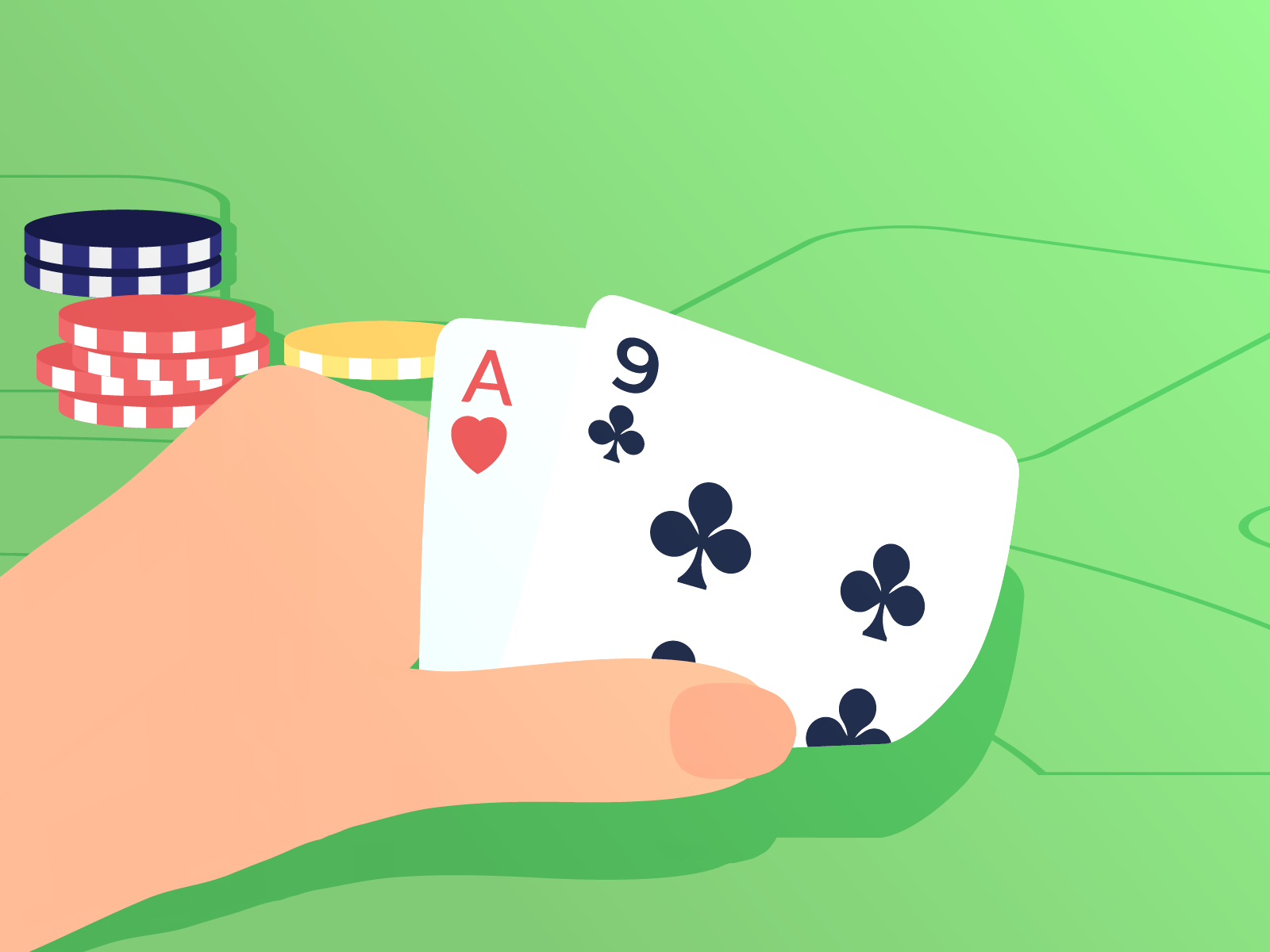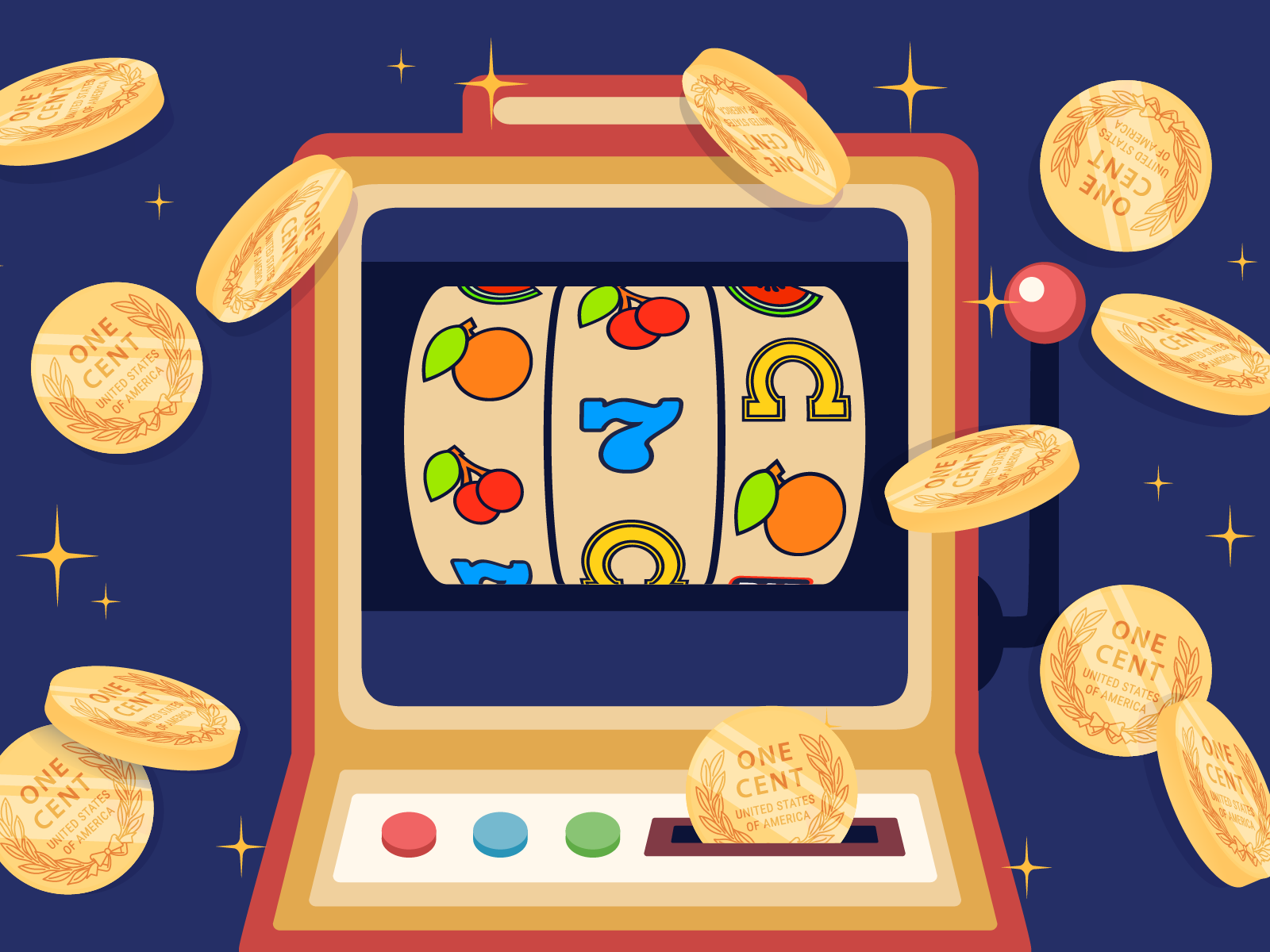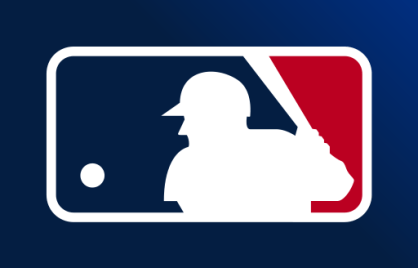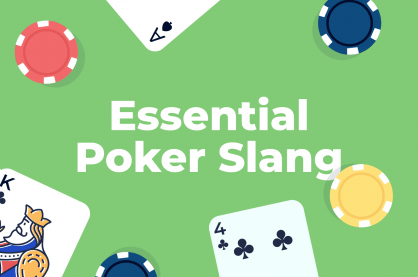Gambling: Pure Luck or Total Skill?
Whether gambling is based on luck or skill depends on the specific game being played.
For instance, games like slot machines, roulette, and lotteries depend almost entirely on luck. The outcomes are random and there is no strategy that can change what is essentially a random draw or spin.
On the other hand, certain games such as poker, blackjack, and sports betting do involve a significant element of skill. Knowledge, experience, and strategic decision-making can greatly affect the outcome of these games.
But remember, regardless of whether a game is primarily based on luck or skill, the house usually has an edge, and all forms of gambling have potential risks and should be approached responsibly.
Examples Of Luck vs Skill
Here are three different scenarios; see if you can spot the difference.
Scenario 1:
It’s the final of the World Series of Poker. Player A has bet all his chips with a made straight. He is all-in and is waiting for his opponent, Player B, to make a decision. Player B, meanwhile, is sitting with a nut flush draw with two cards to go.
Player B knows he has only a handful of potential cards in the deck that can improve his hand, and figures that his ‘hand odds’ are about 4/1. However, if he bets and wins the hand, his pot odds – ie. the amount of chips he stands to gain – is roughly 8/1. Statistically, then, does he gamble and play the favorable odds, or fold, wait for another good spot, and avoid the gamble altogether?
Scenario 2:
Here’s our next scenario: it’s a soccer qualifier for the World Cup. With a matter of seconds remaining, and the home team needing to score to win the match and qualify for the finals, needs to go all-out. With virtually the last kick of the match, the home team’s striker launches a speculative ball into the opposing team’s penalty area, it ricochets off the goalpost, back off a defender, and into the goal. The winning team celebrate their outrageous luck wildly.
Scenario 3:
Finally, a gambler in a Vegas casino walks up to a roulette table, closes his eyes and throws a large stack of $100 chips onto no. 36, then waits for the ball to come to a rest. The ball duly hits 36, he picks up his $3,500 winnings and walks off.
So, of those scenarios, which are games of skill and which luck?
If you listen to the lawmakers, depending where you are, soccer is the sport, poker the game of skill and chance, and roulette the game of complete chance.
But why? What part did luck play in those three games, and how much skill really features in classic games of chance?
Poker As A Game Of Skill

Let’s take a look at poker first, as more than any other games, poker is the one most fiercely debated as regards to its skill vs. gamble elements.
The adage goes that for recreational poker players, poker is 30 percent skill and 70 percent luck, while for pros those figures are reversed.
In an article called “The Role of Skill versus Luck in Poker: Evidence from the World Series of Poker” by Steven D. Levitt and Thomas J. Miles, a group of highly skilled poker players at the 2010 World Series of Poker were analyzed. That set of players achieved an average return on investment (ROI) of over 30 percent, compared to a -15 percent for all other players at the tournament.
If poker was a game of pure luck, as many jurisdictions around the world surmise, then why do the best players in the world constantly reach final tables at big tournaments?
While it’s true that calculating odds does play a part in poker as we saw in our first example – after all, a large part of poker is based on the turn of a card – there are so many other elements to the game that poker can never be treated truly as a game of chance.
And while for every winner in poker there has to be a loser – those buy-ins have to go somewhere – employing skill in poker allows the top players to override the luck factor.
Soccer – A Game Of Chance?
Let’s go back to our soccer analogy. Tom Tango, author of ‘The Book: Playing the Percentages in Baseball’, suggested that if you consider just games where a team wins or loses (draws in games make the calculations far too complicated) luck actually plays a bigger factor in sports results than you expect.
In fact, when applying Tango’s calculations to soccer over a typical 10-month season, variations in results due to luck accounts for around 35% of the total variance (luck) leaving around 65% attributed to talent. This is good news for the skillful footballers as talent has approximately double the effect on a team’s win percentage that luck has.
However, this still means that around one third of a team’s win percentage is purely down to random chance. If that’s true, why isn’t soccer considered a game of chance like poker?
The Casinos’ Favorite Games

At the end of the day, some games lend themselves to pure luck, and no system will ever work out in the long-term.
Take roulette or video slots. Played sensibly, with the most conservative odds selected, both games can win you a few nice wins in the short-term, but played out for long enough will most likely leave you in the red.
It’s no mystery that land-based casinos will cram their floor space with the most profitable games for them. Per square meter, roulette and slots ‘earn’ the casino much more than say, a poker table, ever would.
And there’s a good reason – the chances of winning at those games are so much lower than a skill-based game like poker where you have to bring at least some knowledge to the table – or even blackjack, which offers players a more favorable house edge than its table game rivals. And that’s not even taking into account the house edges that roulette or blackjack that are skewed in favor of the casinos. Not only do gamblers have to win over chance, they have to win over the casino’s own odds too.
The Gambler’s Fallacy
The gambler’s fallacy, also known as the Monte Carlo fallacy, is the mistaken belief that if something happens more frequently than normal during some period, then it will happen less frequently in the future, presumably as a means of balancing nature.
This fallacy can arise in many practical situations although it is most strongly associated with gambling where such mistakes are common among players. However, the problem is it’s utterly wrong.
The most famous example came in a game of roulette in a Monte Carlo casino in 1913 (hence the name) when the ball fell in black 26 times in a row. Gamblers lost millions betting against black, incorrectly assuming that a long streak of red was overdue.
Las Vegas: Built on Luck
The fallacy remains to this day. Visit any casino and you’ll see gamblers furiously scribbling down the previous numbers on a strip of card, or frantically scouring the casino’s digital board displaying the last dozen numbers, as if ‘chance’ knows what’s come up before and will somehow redress the balance at some point.
If that was the case, Vegas wouldn’t have multi-billion dollar casinos, 20-storey hotels, and penthouse suites on tap. It’s all the gamblers who’ve bought into the fallacy who have helped pay for those suites.
Everyone Needs a System
Other than ‘don’t play’, every gambler needs a system to over-ride any variance, or luck, that sitting down at a table will inevitably bring.
The infamous Martingale system will have been toyed with by every gambler at some point (before, hopefully, being thrown in the general direction of the garbage bin) and it works something like this:
Let’s say you bet $5 on Red at a roulette table, and you lose. The next spin you double your bet, to $10, and keep going until you win. Therefore, your first win would help recoup all of your previous losses, as well as give you a profit equal to the initial stake.
That system sounds fine, except for one small problem: most gamblers, unless you’re a Russian oil tycoon, have a finite bankroll, and will inevitably go bust before the system can bear fruit. Any in any case, casinos generally have a stop button applied to losing gamblers: they will simply pull the plug if you lose too much.
Where Casino Systems Fall Down
On most, if not all, roulette tables around the world there will be a table limit – a maximum bet that once reached you cannot increase your bets any further. The maximum bet varies, but it is generally in the region of 500 – 5,000 times the minimum bet. This means that, even at the upper end of the table limit scale, you cannot exceed 13 losing spins.
Just look at that 20-storey Vegas hotel – it’s living, breathing proof that systems on roulette don’t work.
How Can you Override the Luck Factor?
So, can systems ever work in gambling games?
Even with a game that features a healthy skill element like poker, ALL players will experience a spell of bad variance and go bust – the luck may just not be with the players, even if they’re making sound betting decisions.
So, how can gamblers override the chance factor? With casino games that rely on luck so much, the easy answer is not to play at all. OK, so that’s a little simplistic, but simple bankroll management is the way for long-term success in ANY game involving odds. Play a strict percentage of your bankroll, bank winnings when you’re ahead, and take only ABC decisions that make good sense.
Taking on the Bookies’ Edge
Even good sports betting pros will gamble on Even money (1/1) or odds-on results, and avoid accumulators and wild bets like scorecasts that attract casual gamblers. There’s a reason bookies will advertise odds on a striker to score a hat-trick in a soccer match – because the chances of them doing that, especially if they’re going through a bad spell of form, are much lower than the odds the bookie are quoting.
Sports betting sites and bookies will skew the ‘true’ odds of anything happening (ie the true odds of someone scoring the first goal in a soccer match is generally much higher than the usual 6/1 or 7/1) but when gambling you’re not just taking on luck in itself, you’re taking on the house too.
But hit big, hit that ‘long shot’ and beat the house, and you’ll be quids in. Hit six numbers on the Lotto or that slots progressive jackpot for mere dollars and those astronomical odds will have been hit. It’s the ultimate temptation – bet small, win big, and spend the rest of your life on a luxury yacht sipping champagne having ‘cheated’ luck – and the house too.
Can We Avoid Luck
Luck, or chance, is inherent in everything we do. Get knocked over by a car, win a raffle prize or get struck by lightning – all involve chance, and just as in gambling, it’s how you play your luck that’s the key thing.
So, stick to games with favorable house edges or skill/gambling games like poker, and study, practice systems, do your legwork and make the odds work in your favor. It’s either that of give up gambling altogether.
And that doesn’t really appeal, does it?


